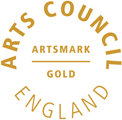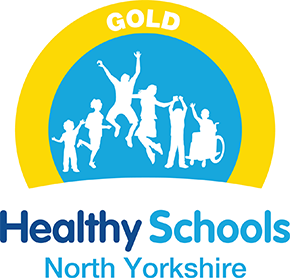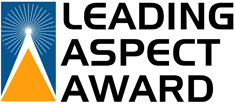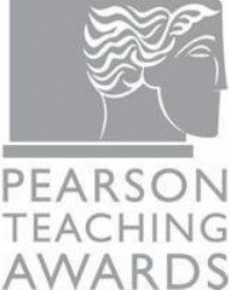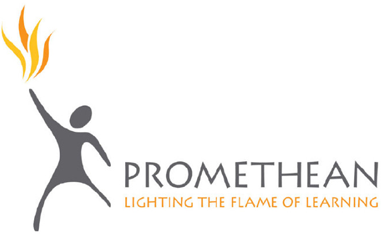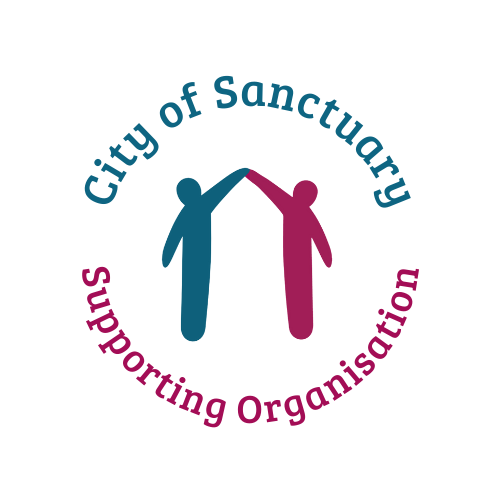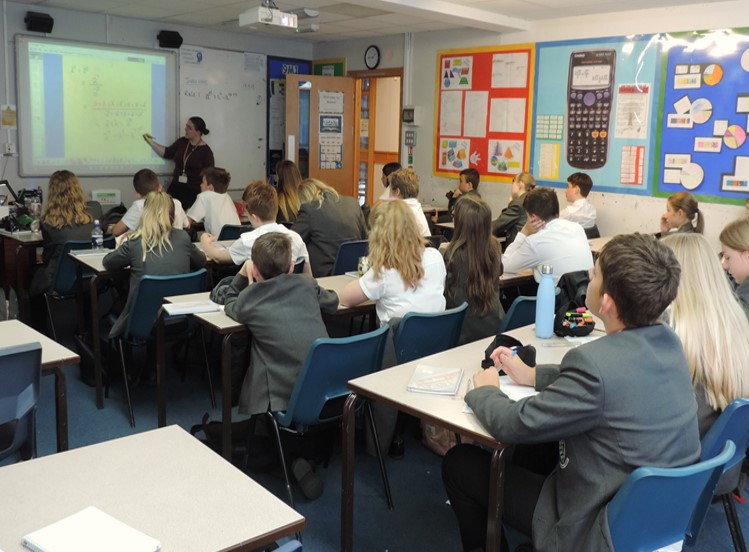 Mathematics:
Mathematics:
Subject Information Overview
Below is a visual overview of the content available on this page. Click the appropriate title to view the relevant section
Curriculum
Area Staff Curriculum
InformationCurriculum
OverviewExam information for GCSE
qualifications in this Subject AreaKnowledge
Organisers
Curriculum Area Staff
|
Chris Jones (Curriculum Director) |
Charlotte Cole (Numeracy Co-ordinator) |
Should you require more information about this subject area please contact:
Name : Mr C JonesPosition: Director of Mathematics
Email : cj@selbyhigh.co.uk
Curriculum Information
Our Maths curriculum is designed to provide our students with the opportunity to develop their confidence and competency in deploying mathematical skills across a range of contexts. It will develop our students’ ability to utilise a wide array of problem-solving skills, both now and in the future. We are passionate and fully committed to developing a balance between using and applying standard techniques and learning to reason, communicate and apply mathematical knowledge and skills in a context.
Our aim is for all our students to acquire a deep, long-term, secure and adaptable understanding of the subject. In order to do this we will teach students how to:
- Rapidly and accurately recall and apply facts and concepts
- Develop a growing confidence to reason mathematically
- Develop the ability to apply maths to solve problems, to conjecture and to test hypotheses.
In Year 7, students develop their algebraic thinking by looking at drawing and understanding sequences, learn about place value and proportion, solve problems involving number and fractions and are introduced to geometric reasoning with angle facts and constructions. In probability, students are introduced to probability, sample spaces and Venn diagrams. Solving problems with number interleaves with learning about the area of 2D shapes.
In Year 8, we build upon the topics from Y7, whilst introducing new topics. Ratio and proportional reasoning is introduced and interleaves with aspects of geometry and fractions. In number, students learn about standard form and working with percentages, whilst their knowledge of fractions is extended from Year 7. Geometric reasoning extends students' understanding of angle facts when we introduce students to angles in polygons and parallel lines. Algebraic thinking looks at the concept of factorising and multiplying expressions and new terminology.
Year 9 develops further proportional reasoning linking it to similarity in geometry and solving ratio problems in context. In number, percentages are developed further by looking at reverse percentages and interest; a key aspect of this section is when the students are introduced to percentages in a real-life context in Maths and Money. Reasoning and testing skills are looked at both in Algebra and Geometry where we look at deduction and conjectures. New geometrical topics introduced in this year are transformational geometry, developing 2D and 3D thinking and Pythagoras’ theorem, whilst in Algebra we develop not just the understanding of solving more complex equations, but also forming equations and plotting straight-line graphs.
We aim to inspire students by developing a culture in the school where students love maths and look forward to their lessons. We aim to cultivate an enthusiasm for the subject, by making lessons interactive, using inquiry and investigative approaches, linking work done in lessons to life outside school (e.g. work with money and percentages, algebra/ problem solving), and most of all developing a deep understanding of the subject.
CURRICULUM OVERVIEW
Our aim is for all our students to acquire a deep, long-term, secure and adaptable understanding of the subject. In order to do this they must be able to:
- Rapidly and accurately recall and apply facts and concepts
- Develop a growing confidence to reason mathematically
- Develop the ability to apply maths to solve problems, to conjecture and to test hypotheses.
We aim to achieve this through our spiralling curriculum in which we continually teach, develop, review and recap content. Prior knowledge will be ascertained to ensure pupils are consistently building upon their current understanding. Throughout both key stages, differentiation is key to ensure access for all.
Below is a summary overview of the topics and their content that will be studied in each term by each year group. For more information about each topic, get your child to visit learning journeys and resources on the school online learning platform - Ready Steady Learn.
| Year Group | Term 1 | Term 2 | Term 3 |
| 7 |
|
|
|
| Assessment details |
Formal assessment at end of term 1 Review and feedback start of term 2 |
Formal assessment at end of term 2 Review and feedback start of term 3 |
Formal end of year assessment, assessing terms 1,2 and 3. Review and feedback before the end of term |
| 8 |
|
|
|
| Assessment details |
Formal assessment at end of term 1 Review and feedback start of term 2 |
Formal assessment at end of term 2 Review and feedback start of term 3 |
Formal end of year assessment, assessing content from Y7 and Y8 Review and feedback before the end of term |
| 9 |
|
|
|
| Assessment details |
Formal assessment before Christmas break, covering all content up to this point. Review and feedback start of term 2 |
Formal assessment before Easter break, covering all content up to this point. Review and feedback start of term 3 |
Formal Mock exam session in June, covering all content up to this point. Review and feedback before the end of term |
| 10 |
|
|
|
| Assessment details |
Formal assessment before end of term 1, covering all content up to this point. |
Formal assessment before end of term 2, covering all content up to this point.
|
Final assessment is close to a full exam paper. |
| 11 |
|
|
|
| Assessment details |
Mock exam session in Nov, usually previous years exam paper. Review and feedback after the assessment |
In class mock exam, before Feb half term, usually a past paper. Review and feedback after the assessment |
GCSE Exam session |
| Wider curriculum opportunities |
|
||
KNOWLEDGE ORGANISERS
A Knowledge Rich Curriculum at Selby High School
Research around memory suggests that if knowledge is studied once and not revisited or revised, it is not stored in the long-term memory. This means that after one lesson, or revising for one test, the knowledge will not be retained unless it is studied again. It won’t be recalled unless it is revisited frequently, which will embed it in the long term memory. In the long term this makes recall far easier. As part of home learning, students should be revising what they have been taught recently but also content they were taught previously. Therefore as part of our strategy to embed learning over time we have started to develop knowledge organisers across all year groups and curriculum areas. These will provide key content and knowledge allowing students to pre-learn and re-learn, a vital part of processing all the information required to be successful in the new style GCSE’s.
Instructions for using your knowledge organisers
KS3 = Years 7, 8 & 9
KS4 = Years 10 & 11
Below are the knowledge organisers for each topic in this subject. These knowledge organisers will become embedded in the Learning Journeys for each topic as they are created on Ready Steady Learn.
|
All Years |
|
Exam information for GSCE qualifications in this subject area
AQA 8300 GCSE Mathematics 9-1.

